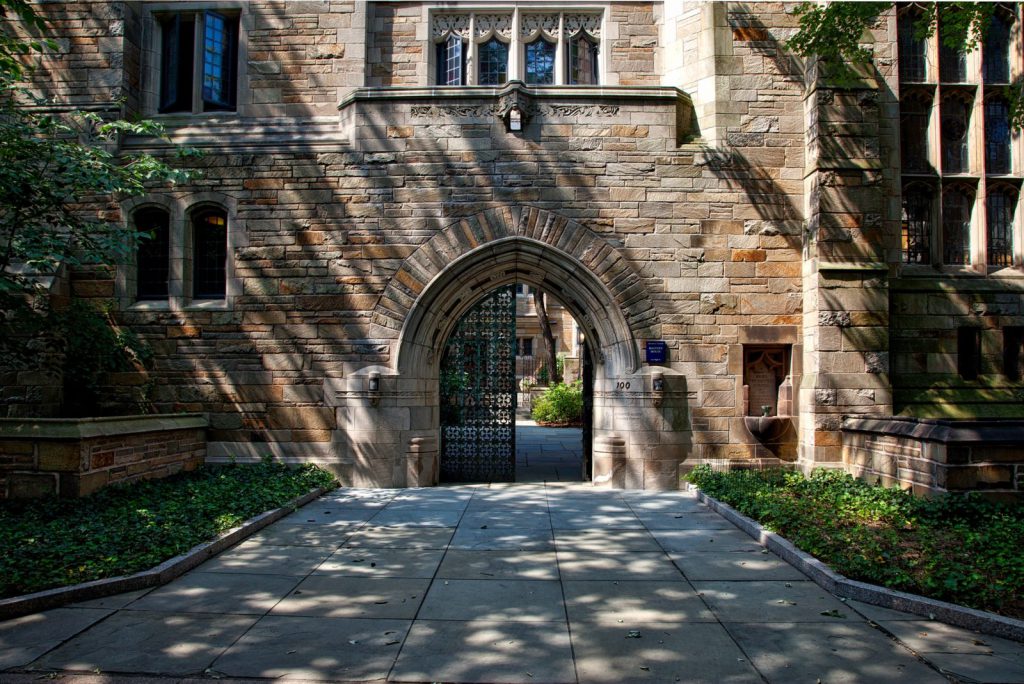
Published August 10, 2017
This originally appeared under the title “Berkeley Chancellor Dirks Mischaracterizes Goldwater Proposal” at National Review Online.
Nicholas Dirks, who recently resigned as chancellor of the University of California, Berkeley, argues in a long essay in The Washington Post that universities are “under assault” from illiberal leftist demonstrators, on the one hand, and conservative-sponsored campus free-speech legislation, on the other. Dirks is particularly disconcerted by state legislation modeled on the proposal I co-authored with Jim Manley and Jonathan Butcher of Arizona’s Goldwater Institute.
It’s a neat trick to equate the threats posed by antifa rioters and speaker shout-downs with proposed legislation modeled on the classic defenses of university free-speech (Yale’s Woodward Report and the University of Chicago’s Kalven and Stone Reports). Dirks even confesses that on reading through the Goldwater proposal, “at first blush” its provisions “seem reasonable, even necessary.” Yet he maintains that provisions on institutional neutrality and on discipline for speaker shout-downs are out of bounds. He calls these provisions, “concerted efforts to take direct political control over public colleges and universities.”
This is a serious distortion. In characterizing the Goldwater proposal, Dirks speaks only of the legislature, never mentioning the word “trustees.” Yet the Goldwater proposal works by drawing state university trustees more deeply into the management of free-speech related issues. And of course, trustees are a public university’s rightful governing body. With administrative mishandling of campus free-speech an entirely legitimate matter of public concern, it’s time for university trustees to step up and act as a check on administrative abuse. That is what the Goldwater proposal ensures.
Even then, the Goldwater proposal works with a far lighter touch than Dirks implies. Institutional neutrality has been a pillar of campus free speech at least since the University of Chicago issued its famous Kalven Report of 1967. The idea is that universities should work to remain neutral on controversial political issues so as not to pressure students or faculty to toe an official political line. This is particularly important at public universities, which service taxpayers who hold a wide spectrum of political views. Yet neutrality can never be perfect. Some issues are so central to the university’s daily functioning—a tuition increase, for example—that a school has to take a stand on them.
That’s why the Goldwater proposal, contrary to Dirks’ implication, does not mandate any specific policy on neutrality. All it does is articulate the neutrality principle as broad goal worth striving for. Then it asks that a committee of trustees issue an annual public report describing how they think administrators are doing at upholding the neutrality principle. That report would not be a mandate, but it would at least put a group of trustees on record on the issue.
On discipline for students who shout-down visiting speakers, Dirks complains of the requirement that students be suspended after twice silencing others. But this is manifestly an area in which university administrators have failed to act. With the single and partial exception of last school-year’s speaker shout-down at Claremont College, university administrators have systematically failed to issue any significant discipline for shout-downs. And there have been many more shout-downs than the public realizes.
Yale’s famous Woodward Report of 1974, the classic affirmation of campus free speech, called for suspension or expulsion of students after even a single serious shout-down. The Goldwater proposal is mild by comparison, inserting a bare minimum requirement only to prevent administrators from forgoing discipline for shout-downs ad infinitum. Unfortunately, that is precisely what the vast majority of administrators now do. UC Berkeley bears a special burden of responsibility in this regard. Berkeley’s failure to discipline a series of shout-downs stretching from the mid-1980s through the early 2000s helped to launch the current phase of our campus free-speech crisis.
Beyond requiring discipline for those who repeatedly silence others, the Goldwater proposal leaves it up to a subcommittee of university trustees to issue an annual report on the administrative handling of discipline for shout-downs and related issues. Again, this report is not a mandate. It has only the power of sunlight and persuasion. Yet when it comes to universities, never underestimate the power of public scrutiny. University administrators already capitulate to hecklers just to keep their schools off the front pages. The Goldwater proposal’s purpose is to create a counter-pressure on administrators to uphold rather than surrender our liberties. That is what the public report accomplishes.
Dirks led UC Berkeley during last academic year’s free-speech crises, so I can well understand his aversion to further public scrutiny. Some thoughtful observers have suggested that Dirks’ public statements may have contributed to the Yiannopoulos fiasco. Others believe that had the university allowed the police to be more forceful, the Berkeley riot could have been prevented. And while Dirks defends Berkeley’s handling of proposed talks by Ann Coulter and Ben Shapiro (but fails to mention the controversy over a proposed talk by David Horowitz), many observers believe that the Dirks administration manipulated concerns about public safety to keep conservative speakers out.
A public report on UC Berkeley’s handling of free speech from a committee of trustees with full access to administrative records could clear much of this up. At minimum, the report could shed greater light on whether UC Berkeley’s administration manipulated fears of violence to silence speech. The mere prospect of such a report will act as a check on administrators inclined to capitulate to illiberal demonstrators or abuse their ability to regulate campus speech. Similarly, a truly informed and convincing report could exonerate administrators unfairly accused of missteps, boosting public confidence in the process.
Of course a report that came off as a whitewash would provoke public criticism, but that is all to the good. Administrators typically want these controversies to fade away, but the public rightly demands an accounting. And again, the annual trustee reports that so disturb Dirks have only the power of sunlight and persuasion.
Of course the legislature holds the power of the purse, while trustees can both make policy and replace administrators who refuse to protect free speech. But the Goldwater proposal adds nothing to these powers. Instead it utilizes sunlight and persuasion to prod the existing system of university governance into protecting and preserving our freedom of speech.
Stanley Kurtz is a senior fellow at the Ethics and Public Policy Center. He can be reached at [email protected]








